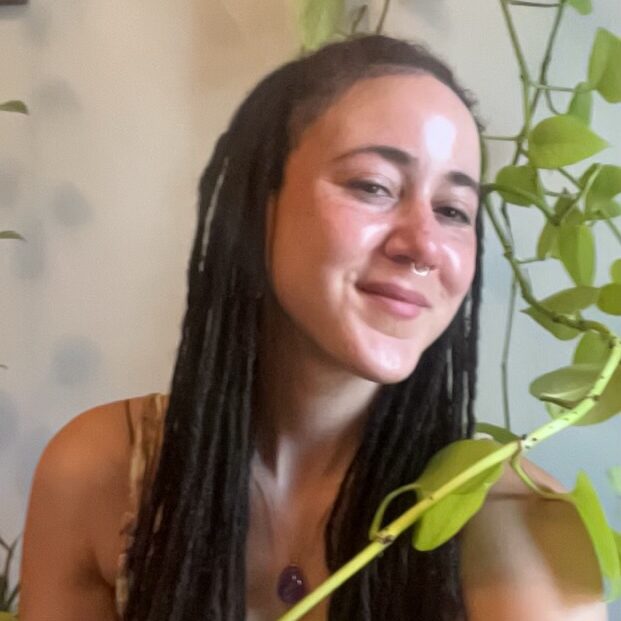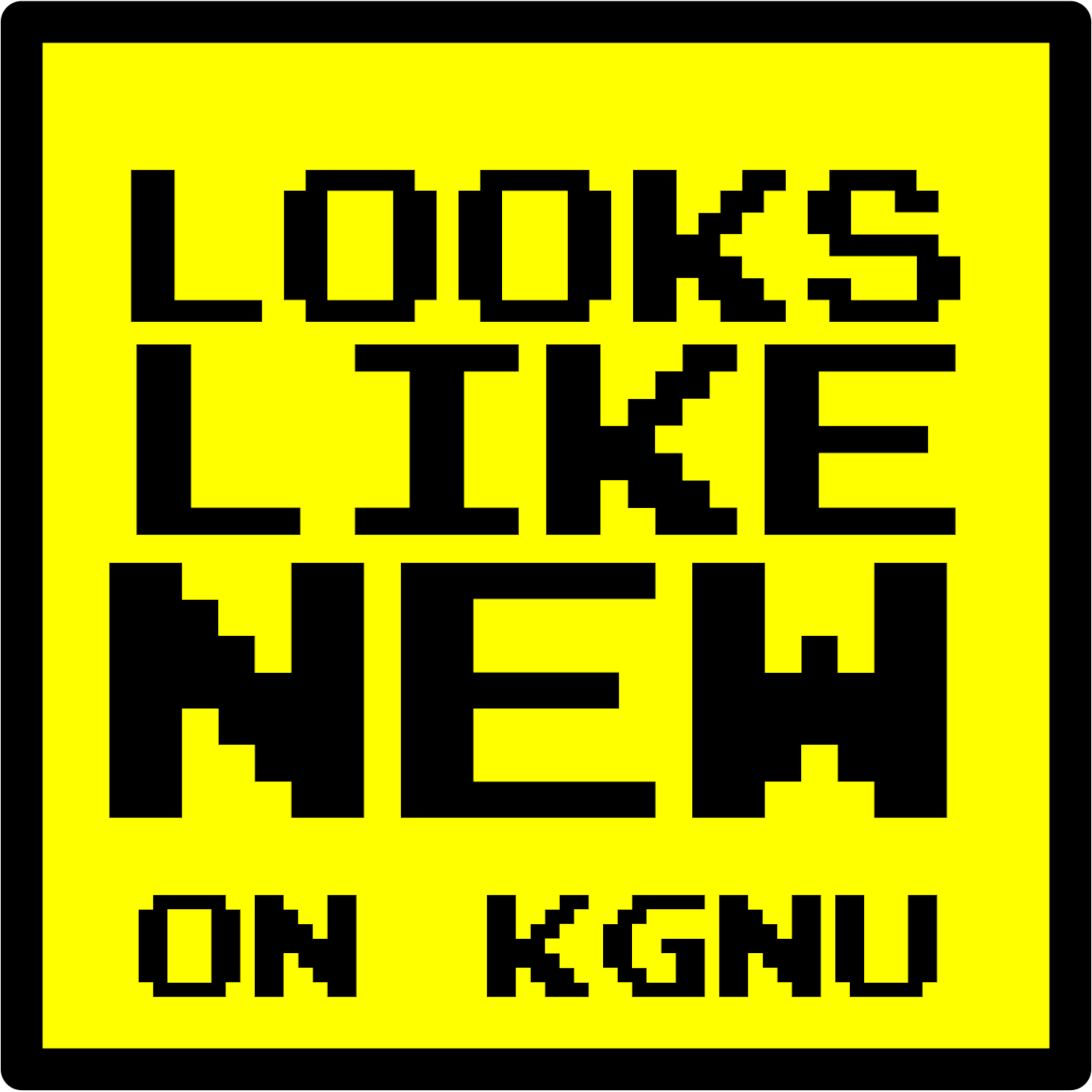Episode archive
-

What can social work teach us about media literacy for children?
Within a rapidly evolving digital landscape, it can be difficult to identify the more harmful effects of digital media use on children. This month we interviewed Antoinette Kendrick, a second-year doctoral student and Instructor in CU Boulder’s department of Media Studies. She received her bachelor’s degree in psychology and her master’s degree in social work…
-

What does fan culture look like in the digital age?
On this episode we have the privilege of hosting a distinguished returning guest, who’s groundbreaking research has reshaped the landscape of media studies. As the director of the MIT Comparative Media Studies Program and the author of influential works such as Textual Poachers, he has tirelessly championed the understanding of how audiences actively engage in…
-
Can open social media help nonprofits?
With the rise of open social media platforms like Mastodon and Bluesky, nonprofits have new opportunities to develop close conversations with the communities they seek to support. Many of these open social media platforms are also better aligned with nonprofits’ values than major tech companies have been. What are the best ways for non-profits to…
-
How did open social media platforms originate?
In the aftermath of a chaotic Twitter takeover, many people have moved away from centralized social media platforms to a new set of social platforms that are open-source, decentralized, and user-centered—like Bluesky, Mastodon, and Nostr. But civic-minded social platforms are nothing new. This episode presents some of Open Social Media’s origin stories from three speakers…
-
What was the earliest social media like?
Do social media networks have to be addictive, or polarizing, or advertising-funded? This conversation explores lessons from the past that could help us make social media better today. Our guest is University of Virginia media studies professor Kevin Driscoll, author most recently of “The Modem World: A Prehistory of Social Media.” He brings us stories…
-
Can the Internet be a public space?
When we think about social media platforms and online interactions, it might seem like we are merely experiencing feeds of information that are curated for us by algorithms. The scale by which companies like Facebook, Twitter, and Instagram now operate can make us question whether these information sharing spaces are public at all. What would…
-
What is Black Twitter?
Twitter is a social media platform that has played a significant role in everything from politics, news, to social justice organizing. How do marginalized communities use this platform? What drives people to use the platform to find and build community through Black Twitter. What is Black Twitter? This month, we had a conversation with Shamika…
-
Can social media be ethical?
With all of the headlines about scandals and issues within technology companies and social media platforms, one may ask how we got where we are today. Is it possible for things to get better? As we witness company leaders and engineers retroactively addressing issues, is there a way for forward thinking to happen within the…
-
Could online justice be restorative?
The stakes for moderation and governance in online communities are getting higher and higher. Harms can be very serious, from election manipulation to sexual abuse. But for the most part, platforms rely on only very blunt tools for addressing these harms—the digital equivalents of censoring and exiling. But can we do better than simply imagining…

